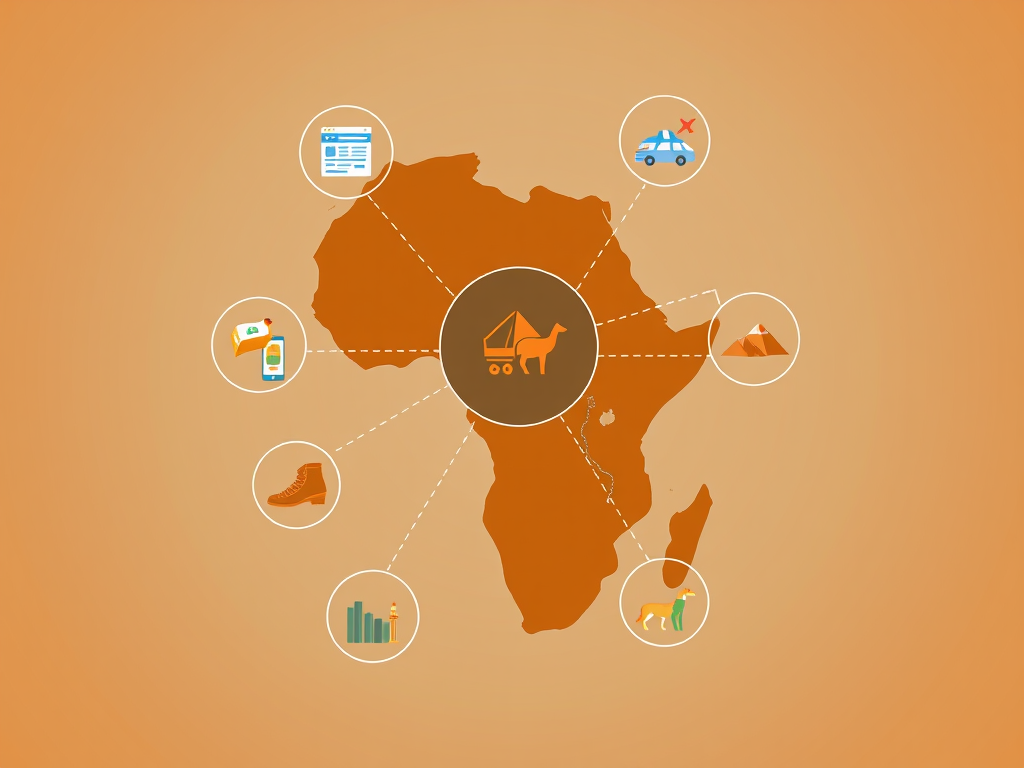If you are an eCommerce merchant juggling the complexities of online payments? You’re not alone!
In a recent discussion with a leading South African eCommerce person highlighted some key concerns that keep merchants up at night:
- Safeguarding against risk and fraud: The surge in transaction volumes, especially during peak seasons like December and January, requires constant vigilance and robust security measures. International card fraud is a particular worry, with merchants needing to balance security with the desire to serve legitimate customers using foreign cards.
- The ever-evolving payments landscape: New payment methods emerge, customer preferences shift, and pricing models change, requiring merchants to adapt quickly and offer a variety of options.
- Maintaining high uptime and conversion rates: Ensuring that payment systems are reliable and efficient is crucial for providing a seamless customer journey and maximizing revenue. Having alternative processing options and failover mechanisms in place is essential to minimize downtime.
- Balancing customer experience with security: Customers have their favourite payment methods and providers, and there is a fine line in balancing optionaity and security with the simplicity of the customer experience .
- Keeping up with technology: New innovations like network tokenization with Visa and Mastercard offer enhanced security and a seamless experience, but merchants need to stay informed and implement these technologies effectively.
It’s clear that being a merchant in today’s digital world requires agility, resilience, and a deep understanding of the payments ecosystem. What are your biggest payment-related challenges? A problem shared is a problem halved.












